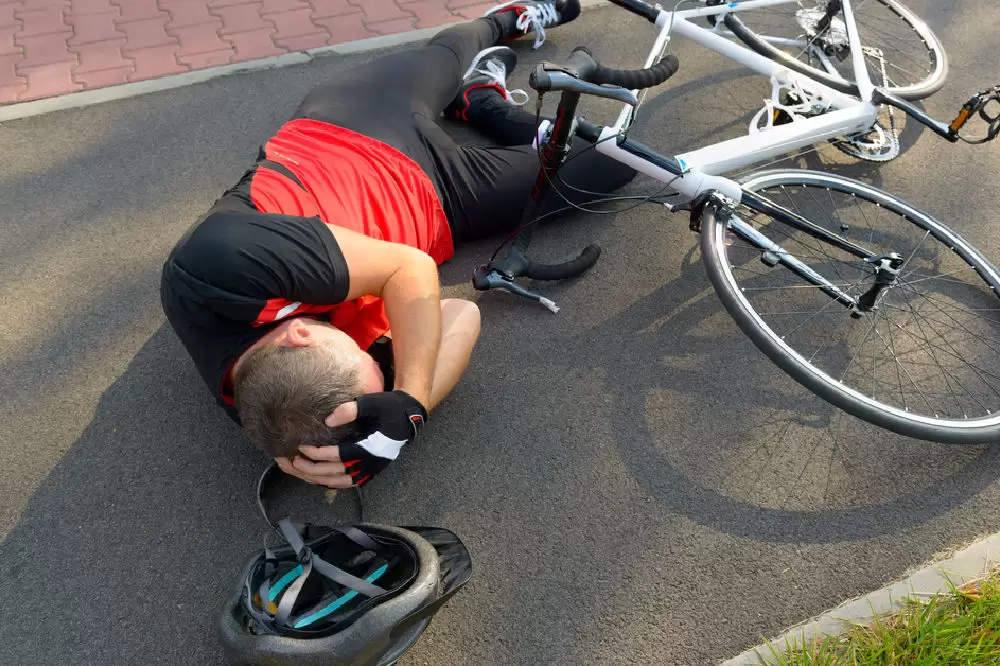A bicycle collision is more than a nuisance or an inconvenience. Many of these terrifying events result in personal injuries, some serious, and inflict major damage. According to the legislation, bicyclists on the road have the same rights and obligations as any other motor vehicle on the road. If you are hit by a car riding your bike, you must understand your rights and options.
Most common bicycle accident injuries
- Head traumas, concussions, and traumatic brain injuries are all common. Bicycle accidents can result in concussions and brain injuries with long-term consequences that might be difficult to detect. In extreme cases, concussions and other traumatic brain injuries can lead to memory loss, brain damage, and even possibly life-altering alterations. Even helmet-wearing bikers should seek immediate medical attention if they sustain a head or brain injury to maximize their chances of complete recovery.
- Injuries to the back, neck, and spine. Back and neck injuries are another important risk. Some of these injuries are fairly serious, even resulting in paralysis. Some spinal injuries necessitate rapid surgical intervention, while others may have delayed symptoms. Back and spinal injuries can cause lifetime pain, progressive degeneration, and life-altering economic and quality of life consequences.
- Broken bones. According to one research on bicycle accident injuries, 73% of riders engaged in a crash had fractures. Minor broken bones can mend independently with proper care, rest, and recovery, but others may be more complicated and necessitate surgical intervention. Fractures can sometimes result in more serious complications, such as internal bleeding and hemorrhagic shock.
- Abrasions, bruising, and contusions are all possible. Bicycle accidents frequently result in road rash and other abrasions. While not often as serious as other injuries, it is uncomfortable and can raise the risk of infection following an accident.
- Other problems include internal bleeding. In a bicycle collision, your organs can be severely damaged by “trunk trauma,” causing them to bleed internally or cease working correctly. Surgery may be required to halt the bleeding, mend blood arteries, and, in some cases, surgically remove the injured organ, as in the case of a burst spleen.
- Emotional and mental harm. Being in a bicycle accident can have serious consequences for a person’s well-being, not just physically. When an accident causes trauma, you may experience worry, mental suffering, difficulty sleeping, and avoidance of normal tasks. Bicyclists experiencing these symptoms should pursue emotional and mental health therapy to return to regular living.
For more information, consult an experienced bicycle accident attorney today.

